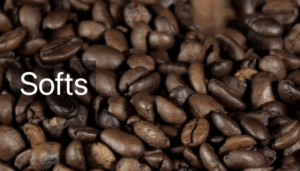
Soft commodities such as coffee and sugar are key agricultural raw materials in international trade.
Arabica coffee, primarily grown in Latin America, is mainly traded on ICE Futures US in New York and serves as the global benchmark for coffee prices.
Robusta coffee, mostly produced in Asia, is primarily traded on ICE Futures Europe in London.
Sugar is traded in two main forms: raw sugar (#11) on ICE Futures US and white sugar on ICE Futures Europe.
These markets offer producers, traders, and processors essential tools for effective hedging against price volatility.
